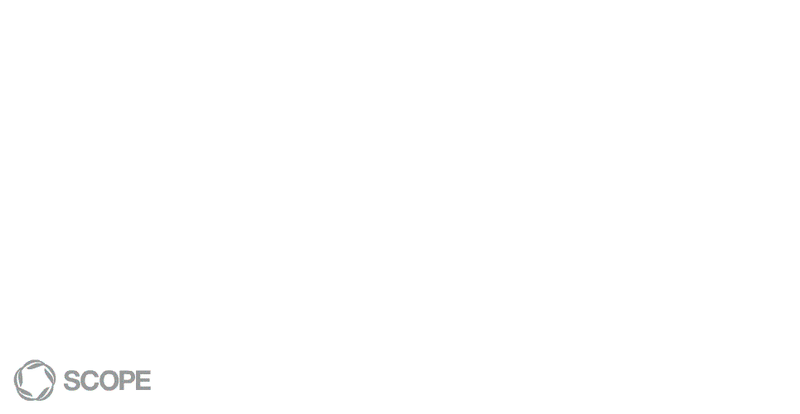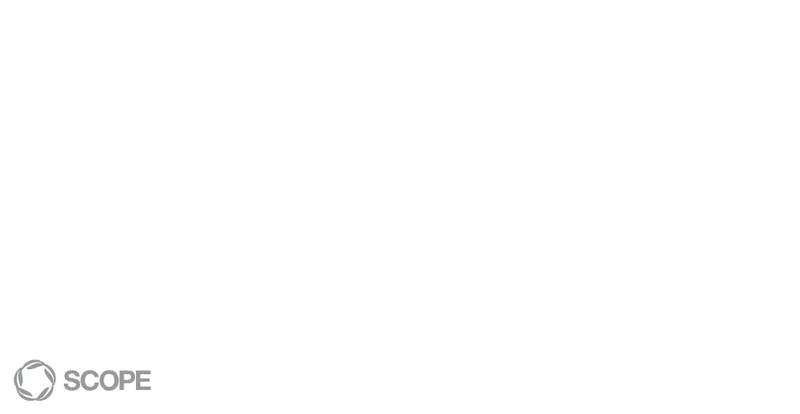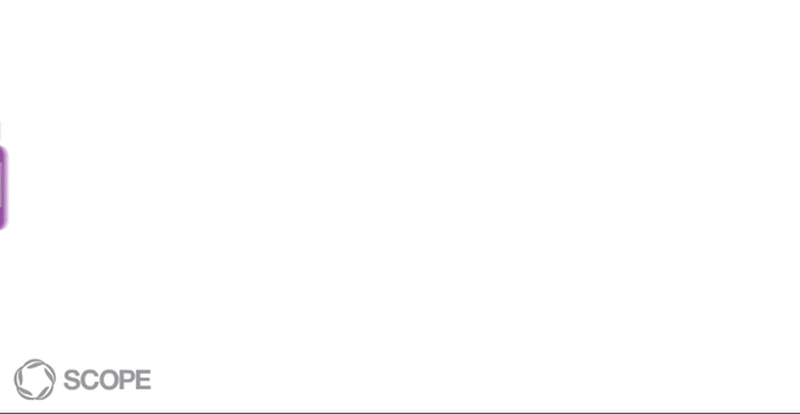Help share our other campaign materials
Please contact us if you would like more information about the Yellow Card scheme to help us raise awareness, or you wish to add information to your website or intranet, or to receive paper Yellow Card reporting forms for healthcare professionals or patients. Yellow Card forms are available which you can download and print from the Resources section of this website. See our animated video below developed by the MHRA to promote the reporting of suspected side effects. It can also be seen on the MHRA YouTube channel. Feel free to share and like the animation on social media.
Did you know that the above video can be downloaded here and added to patient waiting room television screens? Help us widen the use of this animation and reach as many patients as possible to help raise awareness about Yellow Card reporting. You can do this by speaking to your local GP practice or letting the person in charge of the patient waiting area, usually by speaking to the person at reception, know about accessing this link so they can get this added and shown to patients to encourage Yellow Card reporting of suspected side effects to medicines.
The animation above and three infographics below were developed by the MHRA as an output from the SCOPE (Strengthening Collaborations to Operate Pharmacovigilance in Europe) Joint Action project. These were then used to establish the first European wide social media campaign that was led by the MHRA in 2016.



MedSafetyWeek annual campaigns
Building upon this momentum, the MHRA contacted and collaborated with the Uppsala Monitoring Centre, a World Health Organisation Collaborating Centre for International Drug Monitoring, to develop more animations for a subsequent social media campaign the following year. This has now grown into an annual social media campaign where medicines regulators and pharmacovigilance centres across the globe participate in a joint effort to raise awareness and encourage the reporting of suspected adverse drug reactions, commonly called side effects, to national reporting systems, such as the Yellow Card scheme in the UK. The annual social media campaign is now called ‘#MedSafetyWeek’.
Each year, the social media campaigns aim to increase general awareness and encourage reporting of suspected side effects to the Yellow Card scheme and in addition, there is usually a specific theme. Here are some examples below:
The 2017 campaign theme focused on the importance of reporting suspected side effects with over-the-counter medicines; however, the message is applicable to all medicines.



The 2018 campaign theme focused on the importance of reporting suspected side effects and the safe use of medicines in babies, children, and pregnant and breastfeeding women.



From 17-23 February 2020, following on from the MedSafetyWeek 2019, the MHRA held its next social media campaign to raise awareness that patients, carers, parents, and healthcare professionals can report suspected side effects to the Yellow Card Scheme, especially when using or giving multiple medicines (polypharmacy). Each campaign is supplemented with a Drug Safety Article and an MHRA press release. Consider contributing your own perspective and thoughts to the discussion using the following hashtags: #polypharmacy #everyreportcounts #patientsafety #yellowcard
For MedSafetyWeek 2020, the UK's theme was ‘every report counts’ and reporting can help others in future. The campaign calls on patients, parents and carers, as well as healthcare professionals, and their organisations, to report suspected adverse drug reactions to medicines to the Yellow Card scheme. We advise people not to wait for someone else to report their suspicions.
For the 2020 campaign, see the Drug Safety Update article and the press release to promote the week.
In 2021, our campaign focused on medicines and vaccines and the importance of reporting suspected side effects. For previous #MedSafetyWeek themes and materials see below and here.
In 2022, our theme for the campaign was “how patients and healthcare professionals make safety work”. Read more about it in our Drug Safety Update article. See our press release.
Two animations for #MedSafeyWeek 2022 are below which can be posted on social media (right click and save to use).
Animation 1:
Animation 2:
In 2023, our campaign focussed on "who can report" and how patients, doctors, nurses, and pharmacists all have a key role to play in the cycle of medicines safety. See our Drug Safety Update article on the campaign. The campaign also explored the different perspectives that come from these groups and how the information they provide can help make medicines safer.
More information on #MedSafetyWeek can be found here.
Yellow Card scheme campaign videos
MHRA has developed other videos through national campaigns aimed to encourage the reporting of suspected side effects which you can see on the MHRA Yellow Card YouTube channel: